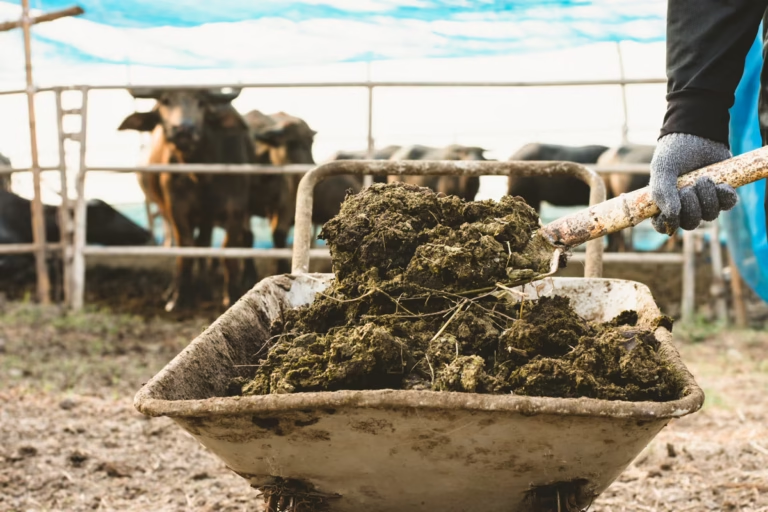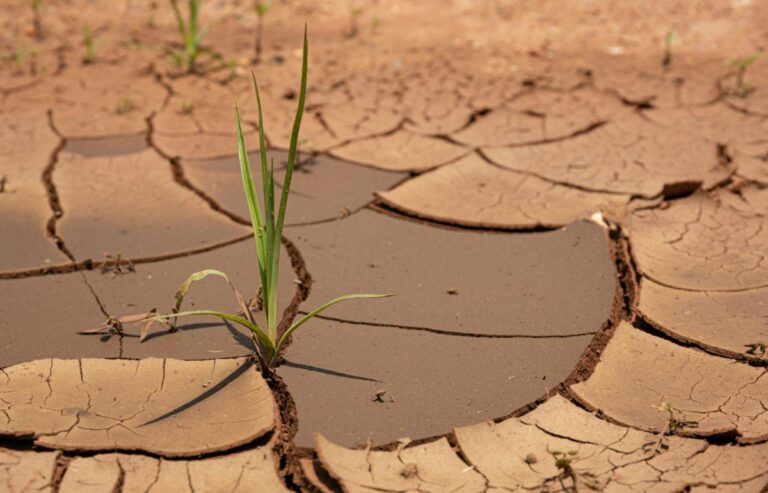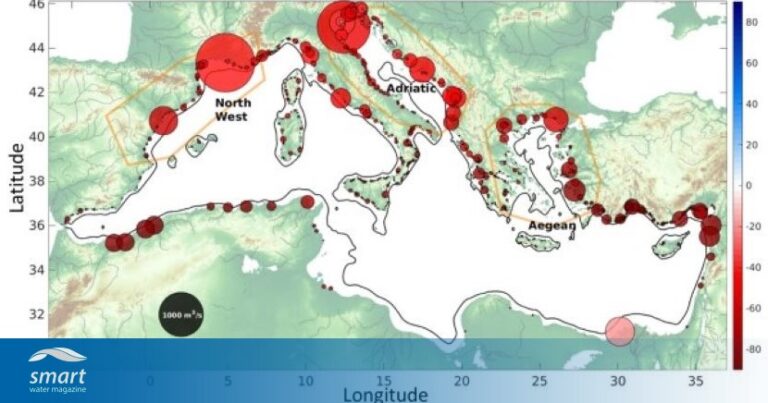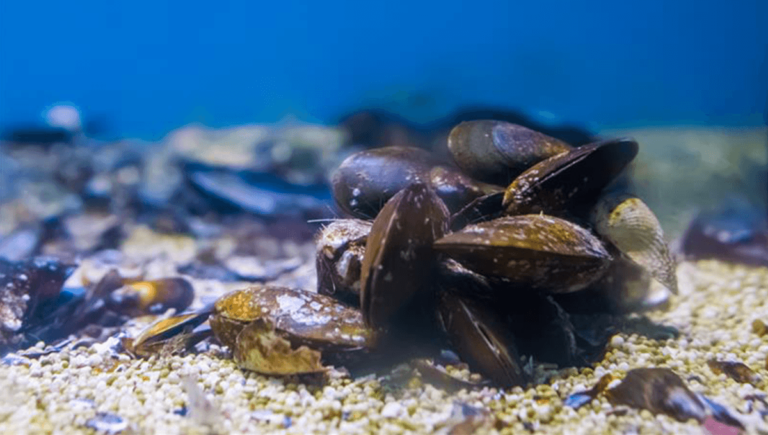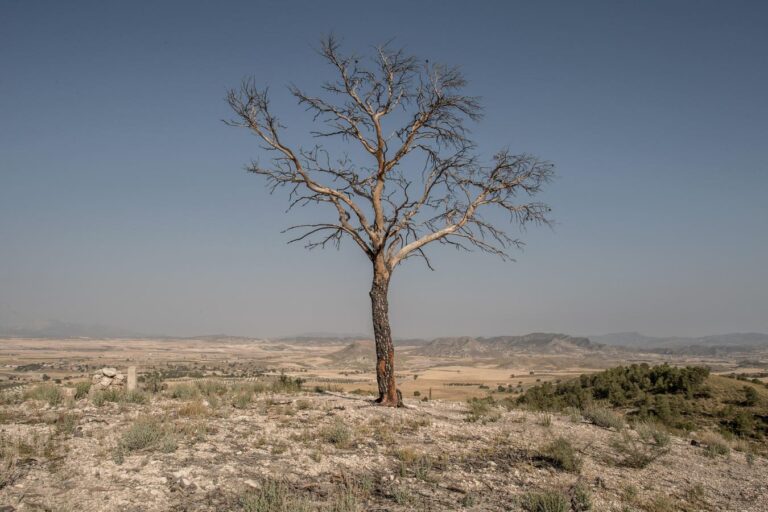Greece’s Growing Thirst: The Looming Water Scarcity
Water scarcity is no longer a future threat for Greece; it’s a pressing reality worsening with each passing year. The nation, particularly its most populous regions, is confronting a critical shortage, driven by dwindling reserves and unsustainable practices. For the Athens metropolitan area (Attica), home to approximately half of Greece’s population, solutions have been urgently…


